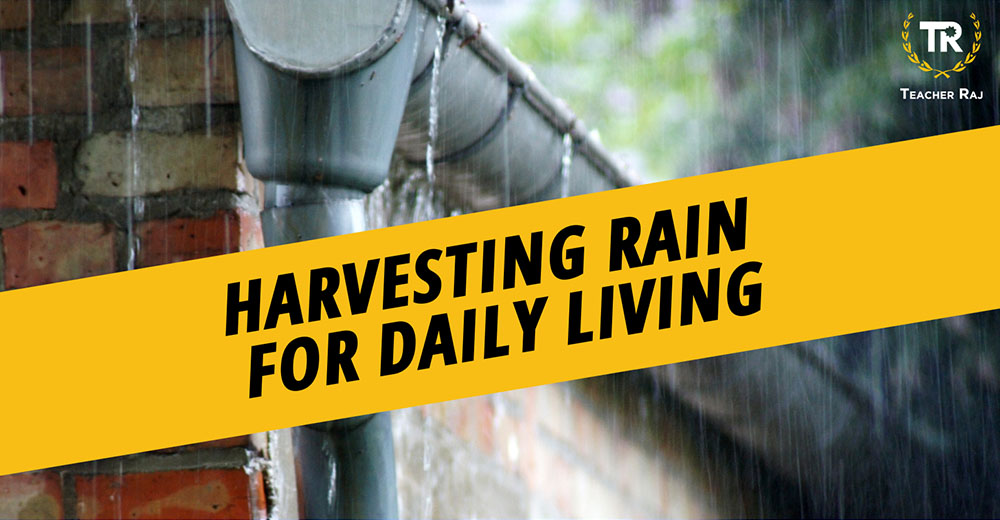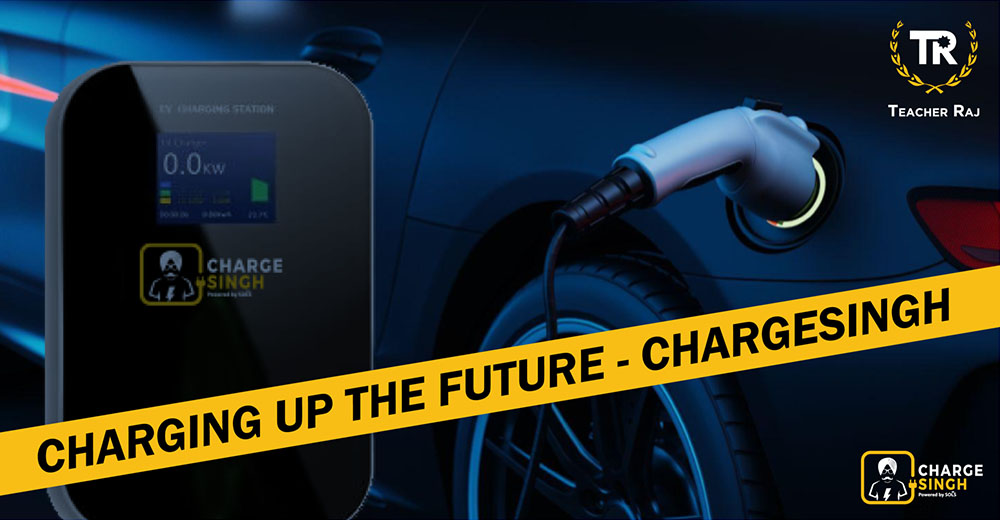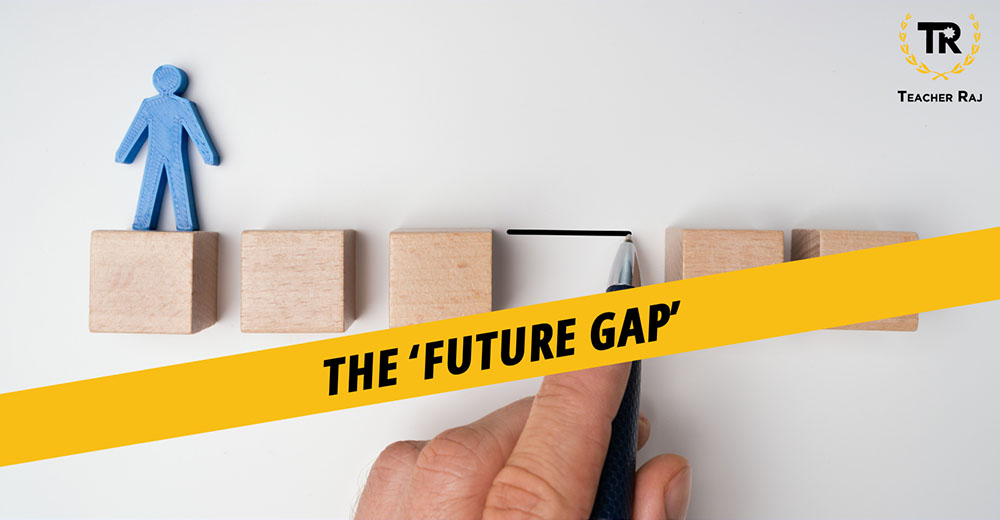“Water is the driving force of all nature.” — Leonardo da Vinci
Have you heard of rainwater harvesting?
It is as simple as its name – rainwater is collected, purified, and used.
When I was renovating my home, I wanted to incorporate rainwater harvesting and solar power into the build. It was not a complicated endeavour either, and does not require thousands of ringgit to set up.
If you have a landed house, you would have a roof (apologies to those in high-rise accommodations!). And roofs have gutters that channel water into the drainage system. I had the gutters redirected into a big plastic tank I purchased from a hardware store. When it rains, the water will be channelled into this tank.
Once that was put in place, the water now needed to be potable. So, I got some filters – the kind you would use for a home filtration system – to purify the water, and a pump to get the water flowing, as the tank was on ground level. This cost me about RM700-800. The electricity used to power the pump (and my home) comes from solar power panels.
The water would be clean enough for cooking, but I use it mainly to water the garden, and as I have several dogs, to keep their living area clean. I also use harvested rainwater to fill my swimming pool – this keeps it sustainable, and the water bill does not burn a massive hole in my pocket. This water can be used for washing, cleaning, flushing the toilet, etc. It also makes an excellent back-up for when there are water cuts.
“Rainwater harvesting seems like a straightforward thing, but there are many benefits, both to us and to the earth.”
On a fundamental level it saves us money as it reduces our water bill. Rainwater harvesting diversifies our water source, so we are not solely dependent on water operators. It provides water in a way that has low environmental impact, and in the long run reduces the need for infrastructures to process clean water.
Water is such a pivotal part of life, and yet, many of us seem to take it for granted – that is, until a water disruption happens. When I lived in Cambodia and Timor Leste, water was only available for a few hours in the day. That is something many of us cannot imagine. But here in Malaysia, we turn on the taps whenever we like, and clean water flows out of it.
However, we should never take this essential resource for granted. It is indispensable, but also finite. With the declining state of our environment due to climate change, and damage done in the name of profit and progress, sources of water are under threat. It just takes an oil or chemical spill in a body of water to rob a community of their water supply.
But it is also a sustainable way of living that is in harmony with nature, which is something I advocate for.
“Integrating nature into our way of living makes us more aware and appreciative of it.”
We see where our water is coming from, and how nature provides. It makes us mindful, and it is a refreshing and much-needed perspective.
It is about harnessing the gifts of nature with respect. If only we approach other things in such a manner; perhaps then we would not be facing a climate crisis.
Further afield, rainwater harvesting powered by solar is a concept that could benefit rural communities that do not have clean, running water. Many remote and impoverished communities have been left behind because they do not have access to clean water and electricity. But this is a viable solution.
Rainwater harvesting is a treasure trove ready to be unlocked. We can start with ourselves and choose the kinder way of consuming and conserving water.







